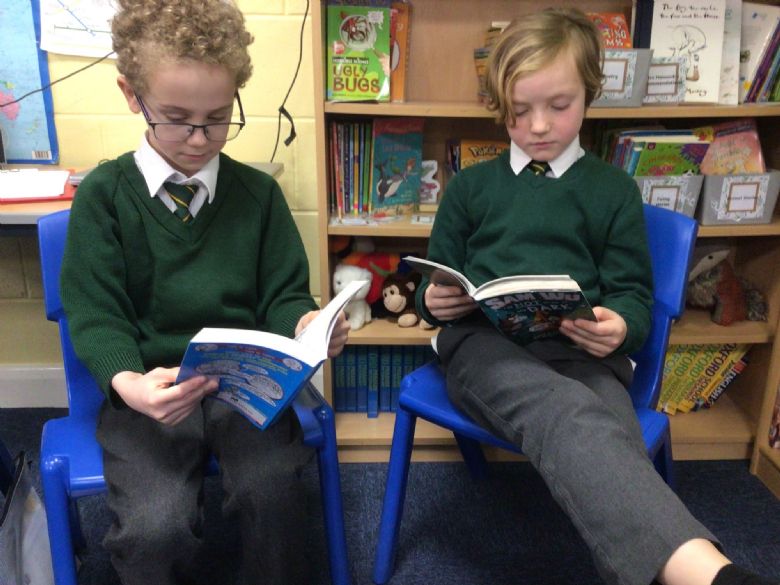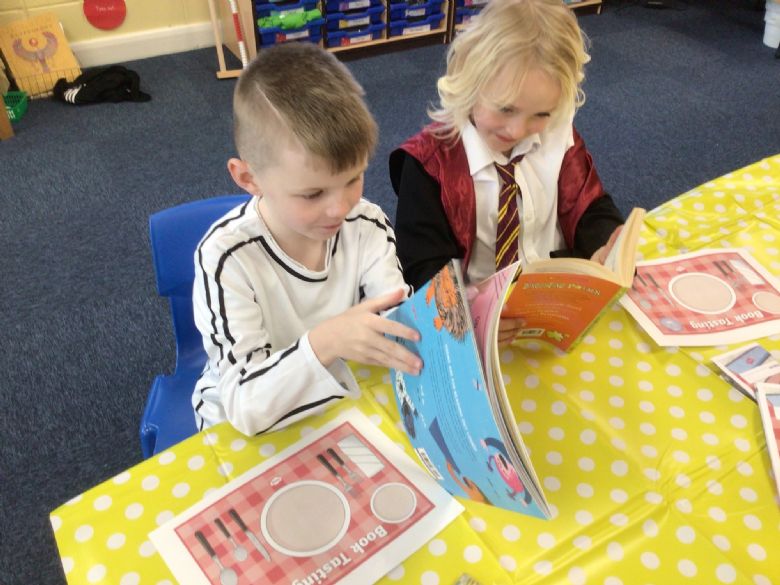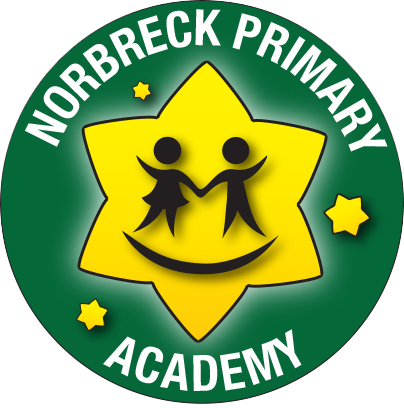Reading at Norbreck
"A love of reading is the biggest indicator of future academic success."
OECD (The organisation for Economic Co-operation and Development)


Our aim at Norbreck Academy is to ensure that children develop as effective readers using the skills they have acquired in a confident manner and develop a love of reading that they will have throughout their lives. To do this we aim to teach the children to read accurately, fluently and with understanding, encouraging and developing their responses to the texts they read.
We use a wide range of texts including modern and traditional literature from English literacy heritage and from other cultures and traditions, in the form of prose, poetry and plays. Also, our aim is to develop the children’s skills in referencing and in using non-fictional material to help in cross curricular learning.
We actively encourage reading for pleasure and recognise it as a core part of every child’s education, regardless of their background or attainment. We make reading a key part of our curriculum and expose pupils to a wide range of texts in a variety of different situations. At Norbreck, we aim that every child becomes a lifelong reader. The National Literacy Trust has noted that becoming a lifelong reader is based on developing a deep love of reading. There is a growing body of evidence which illustrates the importance of reading for pleasure for both educational purposes as well as personal development
Reading in Foundation Stage and Key Stage 1
Discrete phonics sessions occur daily in Reception and Year 1. We follow Little Wandle to support the planning, teaching and assessment of phonics. Little Wandle Letters and Sounds Revised is a complete systematic synthetic phonics programme (SSP) that has been validated by the Department of Education. It ensures children build on their growing knowledge of the alphabetic code, mastering phonics to read and spell as they move through school. We teach phonics whole class, with keep up sessions where appropriate.
We use a variety of different books in school to help us teach reading and foster a love of books. We want to build up confident, competent readers who have a real enjoyment of books.
Each week, Reception and Year 1 children take part in reading practice sessions using books matched to the children’s secure phonics knowledge. They work in a small group and read a Little Wandle fully decodable reading book in school. The reading practice sessions focus on three key reading skills:
- decoding
- prosody: teaching children to read with understanding and expression
- comprehension: teaching children to understand the text.
The decodable reading practice book is then assigned as an e-book to read at home and ensure success is shared with the family.
In addition, each child chooses their own ‘sharing book’ to take home each week to read, discuss and enjoy with a grown up.
Comprehension
Children also draw on their own experiences (the language and stories they know), the setting of the story and the pictures to help them understand what they are reading about. Comprehension skills are vital in making sense of what the words say and interpreting meaning.
In school, we use a range of ways to teach and practise reading such as shared reading, phonics, guided reading, group reading, Individual reading, ‘buddy’ reading, storytime and reading at home.
For parents | Letters and Sounds (littlewandlelettersandsounds.org.uk)
Reading in Key Stage 2
In Key Stage 2, we deliver whole class guided reading sessions. As well as covering the mechanics of reading such as decoding, fluency and prosody, we use the VIPERS acronym to focus on the key areas which we feel children need to know and understand in order to improve their comprehension of texts.
VIPERS stands for
Vocabulary
Inference
Prediction
Explanation
Retrieval
Sequence or Summarise
We ensure that a wide range of fiction, non-fiction and poetry texts are covered as part of the guided reading sessions.
In Year 3, we introduce Accelerated Reader and this runs from Year 3 up to Year 6. Accelerated Reader is a computer program that helps teachers manage and monitor children’s independent reading practice.
A child picks a book at their own level and reads it at their own pace. When finished, they take a short quiz on the computer. (Passing the quiz is an indication that the child understood what was read). AR gives children and teachers feedback based on the quiz results, which the teacher then uses to help set goals and direct ongoing reading practice.
A vital part of the programme is children having time to read at school and at home. If you want to know more about Accelerated Reader you can follow this link
http://www.renlearn.co.uk/accelerated-reader/
From the Accelerated Reader website you can also download the Accelerated Reader App and the Book Finder.
“Children and young people who use AR tend to enjoy reading more, do it more often and think more positively about reading than their peers who do not use AR. They are also more likely to see a link between reading and their successes.”
Dr Christina Clark, National Literacy Trust
Pupils who use Accelerated Reader are more likely to:
- enjoy reading
- have a favourite book
- agree that reading is cool
- read regularly at least once a week outside class
- agree that they will get a better job when they grow up if they are good at reading
